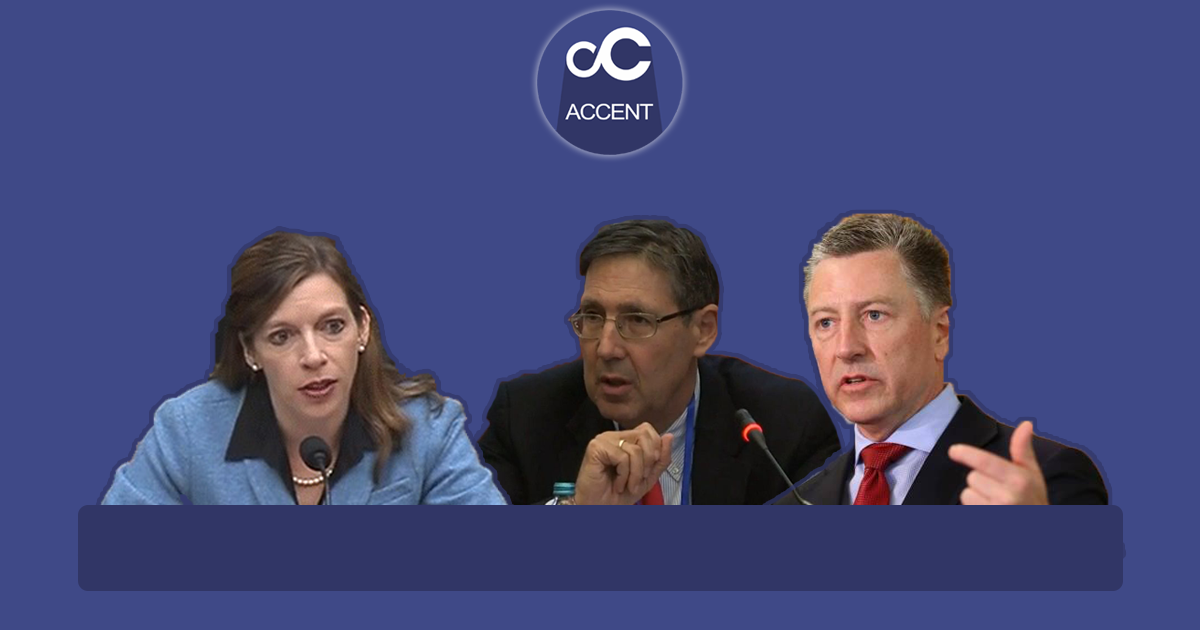
GIP - Why Georgia needs a national resilience strategy
02/12/2022 10:20:44 Politic
The Georgian Institute of Politics (GIP) has issued policy paper entitled “National Resilience Strategy for Georgia: Lessons from NATO, EU and beyond."
The policy paper provides some thoughts on how a national resilience-building process should be organized in Georgia and what the Black Sea country can learn from NATO and its member states.
"Developing a high degree of resilience will not only help Georgia protect itself from present and future crises and conflicts but will also contribute to Tbilisi’s Euro-Atlantic integration prospects as it will turn Georgia into a more predictable and desirable partner," said Kornely Kakachia, Bidzina Lebanidze, Salome Kandelaki, who are the authors of this policy paper.
Why Georgia needs a national resilience strategy
According to the authors, resilience-building is an e ective approach to deal with the risks and threats emanating from an increasingly complex and interdependent world. This is especially important for smaller/weaker countries which are located on the frontline of heightened geopolitical competition and do not have the luxury of having security or welfare cushions from powerful regional organizations such as NATO and the EU. Georgia is a prime example of such a country. Located in a grey zone between Russia and the EU/NATO, and as a NATO aspirant country, Georgia su ers from existential risks, does not enjoy NATO’s military umbrella or EU membership privileges and needs to take care of its own security.
"This makes Georgia one of the most vulnerable countries in the world. Georgia is widely considered as high-risk country. Georgia is exposed to several layers of risk
The first layer Georgia is exposed to is di use risk: risks that are of a universal or regional nature and do not emanate from specific state actors. They include pandemics, irregular migration, global financial and economic crises, climate change and natural disasters.
The second layer is global risks, those emanating from specific state actors or intentionally directed towards the country. The existence of Georgia’s statehood, its territorial integrity, and its ability to act as an independent state is permanently questioned by Russia which poses a major security threat to the country. Security-related threats are not limited to military confrontation with Russia, however, but also include the areas of cyber security, economy, energy, education and religion.
The third layer encompasses local risks which could exacerbate the country’s exposure to global risks. Local risks include socio-economic risks: economic underdevelopment, high inequality, widespread poverty, as well as high degrees of commodification and social stratification. Local political risks include the politicization of state institutions, the presence of oligarchic clientelist networks1 , societal polarization, political radicalization and the high degree of informality that exists at the cost of institutional consolidation. All this results in a lack of social trust, low public legitimacy and damaged power transfer mechanisms which put the country at permanent risk of political and social instability
A comprehensive resilience strategy can help Georgia deal with these challenges in a more e ective and prudent manner. Firstly, the development of comprehensive strategy for resilience-building will lead to the more e ective consolidation and use of public and private resources to fulfill important public services both in peacetime and during major disruptions. Secondly, in terms of strategic policy planning, it will contribute to the streamlining of Georgia’s strategic approaches to security, economy, energy, agriculture and many other areas under a single umbrella and avoid counterproductive overlaps, repetitions, and competition among various state agencies. Thirdly, having a comprehensive resilience agenda will improve strategic foresight and risk-scanning capacity both of Georgian authorities and societal actors. A well-designed resilience strategy can help to properly identify and map risks and design strategies for their mitigation. Furthermore, having a clear-cut resilience agenda will help Georgia’s cause on its path towards Euro-Atlantic integration as it will make Georgia a more predictable and reliable partner. Lastly, and most importantly, a comprehensive resilience strategy, will help develop a common national understanding about the country’s general priorities, dangers, risks and opportunities. This can also have a mitigating impact on problems such as polarization, radicalization, political disenfranchisement, and social cleavages", the paper said.
The authors of this paper emphasized that the Russian invasion of Ukraine has pushed the issue of resilience into renewed focus, especially for frontline states.
According to the them, even though Georgia is not yet a NATO member state, Tbilisi should be active and take initiatives to develop its own resilience plan:
"There is now an urgent need to boost their security and statehood against external and internal risks. Resilience is often used interchangeably with national security and defense strategies, but conceptually it goes beyond the security sector and encompasses all key sectoral policy areas. NATO’s comprehensive approach to resilience highlights the complex and well-entrenched nature of the concept.
Even though Georgia is not yet a NATO member state, Tbilisi should be active and take initiatives to develop its own resilience plan and to follow the NATO resilience agenda."
The authors believe that NATO can assist Georgia’s resilience-building in two crucial ways – technically and politically.
"Firstly, NATO can assist the Georgian authorities and private stakeholders in terms of supporting capacity building and knowledge exchange to meet the seven baseline indicators. If Georgia implements NATO baseline resilience requirements it will not only increase the country’s resilience but also provide domestic stability and more predictability in the eyes of regional and international partners.
Second, NATO can assist in raising public awareness among the Georgian population and civil society about the importance of having a comprehensive resilience strategy. Understandably, political and communication support is a lower priority in NATO’s approach towards its own member states but countries such as Georgia need an external push to understand the importance of resilience. NATO can be central part of this process.
With the assistance of NATO and other strategic partners, Georgia should aim to strengthen itself along multiple dimensions of resilience in order to mitigate its biggest vulnerabilities," the authors of this policy paper added.









